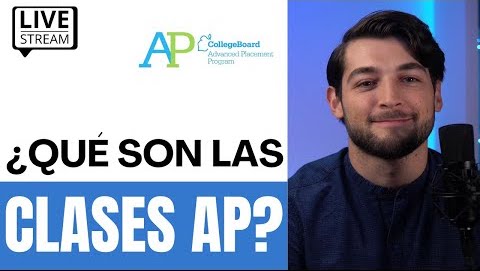The FAFSA The Free Application for Federal Student Aid (FAFSA) is a form that students and their families complete to apply for financial aid for higher education in the United States. The FAFSA collects information about family income and assets, which helps determine eligibility for scholarships, grants, loans, and work-study programs.
In this blog, we will provide you with important tips and reminders to make the process of completing the FAFSA easier and make the most of educational funding opportunities.
At Best College Aid, we are committed to providing you with the tools and resources you need to achieve your educational dreams. Subscribe to our YouTube channel and stay up to date with our informative and helpful videos!
Know the deadlines:
It is critical to be aware of the deadlines for completing the FAFSA. Each academic year has its own deadline, so make sure you meet it. Some scholarships and programs have additional deadlines, so keep an updated calendar so you don't miss any opportunities.
Gather all the necessary information:
Before you begin completing the FAFSA, gather all the documents and information you will need. This includes your Social Security number, tax information from your parents or legal guardians, income and asset records, and other relevant data. Preparing these documents in advance will save you time and avoid delays in the process.
Use the advance estimation tool:
If you want to get a rough idea of the amount of financial aid you might receive before you complete the FAFSA, you can use the online Early Estimate Tool. This tool gives you an estimate of your EFC (Expected Family Contribution) and helps you plan your college finances more effectively.
Be accurate and verify the data entered:
When completing the FAFSA, be sure to be accurate and carefully verify all the information you provide. Errors or inaccuracies can delay the processing of your application and affect your financial aid eligibility. Take the time to review all of the information you enter and correct any errors before submitting your application.
Use the IRS Data Retrieval tool:
The FAFSA offers the option to use the IRS Data Retrieval tool, which allows you to automatically import your parent's or legal guardian's tax information from the Internal Revenue Service (IRS). This option streamlines the process and reduces the possibility of errors in tax data.
Pay attention to the dependency questions:
The FAFSA includes questions about the student's dependency. Be sure to read and answer these questions correctly for your particular situation. If you have any questions or need guidance, don't hesitate to contact the financial aid department of the school to which you are applying.
Do not omit any questions:
It is important to answer all questions on the FAFSA. If a question does not apply to your situation, be sure to select the appropriate option. Do not skip any questions, as this may cause delays in processing your application.
Update your FAFSA if your financial situation changes:
If you experience significant changes in your financial situation after completing the FAFSA, such as the loss of employment of a parent or legal guardian, be sure to update your application. This will allow the college to take these changes into account and adjust your financial aid package accordingly.
Conclusion:
Completing the FAFSA is an essential step in accessing financial aid opportunities and realizing your educational goals. By following these tips and reminders, you will be better prepared to complete the FAFSA accurately and in a timely manner. Remember to check with your school's financial aid department for additional information and to clarify any questions you may have. Don't miss this opportunity to receive financial support for your higher education!
Help Your Children Earn College Scholarships
Understanding each of these issues was instrumental in obtaining tens of thousands of dollars in grants and scholarships.
If you want to learn even more tips, sign up to watch our free webinar of the 6 tips for going to college on scholarship.
I hope this information is of great value to you!







